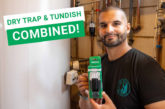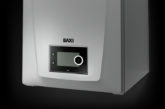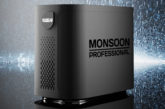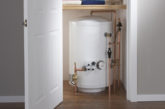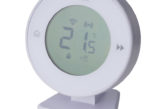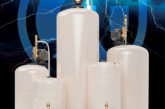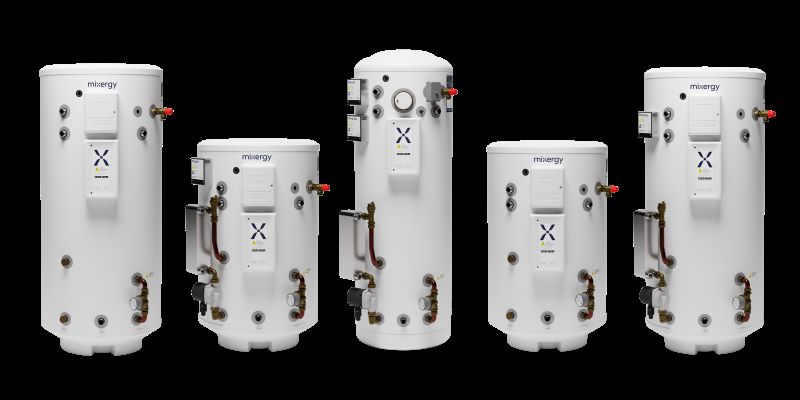
As we move towards net-zero, householders will still need fast and convenient hot water that will not become a greater burden on their energy bills. The introduction of new technologies, the electrification of heat and a fabric-first approach to designing heating systems means stored hot water will be crucial, says Peter Armstrong, CEO of Mixergy.
First off, when replacing a system or heat only boiler, where there’s already a hot water cylinder in place, there’s a conversation to be had with the homeowner about future-proofing their heating system by installing a new smart hot water cylinder that can easily be converted to work with a heat pump or solar PV. This proactive approach allows homeowners to make choices today that not only pave the way for a different heating system in the future but also contribute to significant cost savings today.
A smart hot water cylinder, such as a Mixergy smart water cylinder, can save money on energy bills now. When connected with solar PV, direct electric or gas, thermal stratification means the Mixergy cylinder starts by heating a small volume of water at the top of the cylinder and then growing that volume downwards. This is unlike most cylinders that have a coil at the bottom and heat the whole thing. This means the cylinder only heats the water needed, reducing heat losses, and gets to the set temperature more quickly, making it up to 21% more efficient than a conventional cylinder, as validated by Energy Saving Trust.
As we electrify the heating in our homes, we have to move from gas, which can deliver up to 65kW of thermal power, to an electrical connection which can deliver up to around 18kW. This is approximately a quarter of the available instant power which has enabled compact, low-cost combi boilers to prevail to date. An EV charger will also add to the electrical load. Filling a bath quickly or running a typical power shower might demand 20kW of power or more, so the only way of achieving this will be through storing hot water. This is true whether we are installing a heat pump, solar PV or electric storage heaters, and aligns with the UK’s long-term environmental goals.
Heat Losses
Ensuring a home is heat pump ready means calculating the property’s heat losses, checking there are no microbore pipes and seeing if the existing radiators would be adequate for a heat pump. A smart hot water cylinder installed now can be easily converted to work with a heat pump in the future through the retrofit of a plate heat exchanger which achieves the highest heat transfer performance to improve the coefficient of performance (COP) by as much as 10% when compared to a high surface area coil.
For homeowners considering solar PV in the future, a smart hot water cylinder can be simply retrofitted with a PV diverter. This is a great option for homes with microbore plumbing and poor fabric which may struggle to justify a heat-pump install and decide, for example, to decarbonise through a combination of PV, radiant heating and fabric improvements. A PV diverter will allow them to benefit from the provision of free hot water whenever there is surplus solar energy from their PV installation. This is a great alternative to a home battery system.
Flexible tariffs
Finally, flexible electricity tariffs will become more available as the latest generation of smart meters is rolled out. Second generation smart meters will allow energy suppliers to operate real-time dynamic pricing. We’re all familiar with Economy 7, where a hot water cylinder has two elements; the new version will be like Economy 24/7, which means the energy supplier can turn on your hot water whenever there’s a lot of wind off the northwest coast of Scotland, or when there’s a large base load at Hinkley Point, or when there’s plenty of solar energy in Cornwall. With a smart hot water cylinder which uses thermal stratification, there is more space in the cylinder to store this more economic hot water.
Heating engineers can play a crucial role in preparing their customers for the future, whether that is getting the best from their gas boilers now and having one eye on decarbonisation, whether that’s with a heat pump, solar PV, electric boilers or storage heaters.



